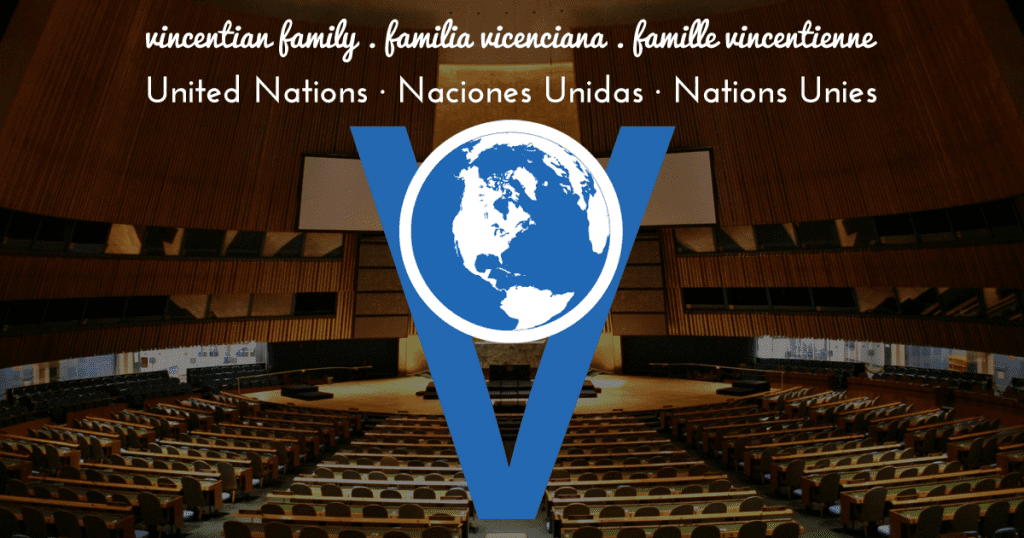At the opening of the Climate Implementation Summit at COP27 in Sharm el-Sheikh, Egypt, the UN Secretary General António Guterres called for a historic pact between developed and developing countries to combine capacities, and pivot the world towards reducing carbon emissions, transforming energy systems and avoiding a climate catastrophe.
“Humanity has a choice: cooperate or perish.” It is either a Climate Solidarity Pact – or a Collective Suicide Pact,” the UN Secretary-General told over 100 world leaders reunited for the first official plenary of the UN Climate Change Conference
There are 8 billion people on Earth. But that isn’t causing climate change, scientists say. It’s not the number of people, but ‘how we live,’ says Nature United’s Katharine Hayhoe.
This year, ahead of COP27 the UN called for inclusive spaces for civil society: “They underscored the essential role civil society plays in advancing climate action and urged Egypt to ensure safe and meaningful participation at the conference, including for independent groups”.
Despite the presented challenges, faiths have ensured that their voices are heard by organizing more than 40 side events, meditations, interventions, and actions to raise ambition and raise awareness for our common home. Catholic Sisters were among thousands of activists pushing for world leaders to commit to reducing emissions and finance loss and damages resulting from climate change to the Global South.
Young people were in the spotlight and were given greater prominence at COP27. UN Climate Change’s Executive Secretary promising to urge governments to not just listen to the solutions put forward by young people, but to incorporate those solutions in decision and policy making. Young people made their voices heard through the first-of-its-kind pavilion for children and youth, as well as the first-ever youth-led Climate Forum.
By 2050, up to 216 million people could be displaced due to climate change. Pacific Island countries fight to ensure future before rising sea levels swallow them up. They are at the front line of the climate crisis, despite having contributed less than 0.03% of the world’s total carbon emissions. And to circumvent calamitous conditions brought on by climate change, they are taking desperate measures to safeguard their existence. A country is more than its land, a country is its people, its nature, its culture, its traditions, its history and its ability to self-govern as a nation. But without sovereign territory to stand on, can a country continue to exist?
The conference of the Parties to the United Nations Framework Convention on Climate Change (COP27), concluded with a historic decision to establish and operationalize a loss and damage fund. But neither migration nor relocation were addressed in the COP27. In addition, a commitment to “phase down fossil fuels” looked likely to be lost after oil-producing countries To learn what you can do to help combat the climate crisis, visit: https://www.unep.org/interactives/things-you-can-do-climate-emergency/
Michelle Loisel, DC
NGO Representative at the UN








0 Comments